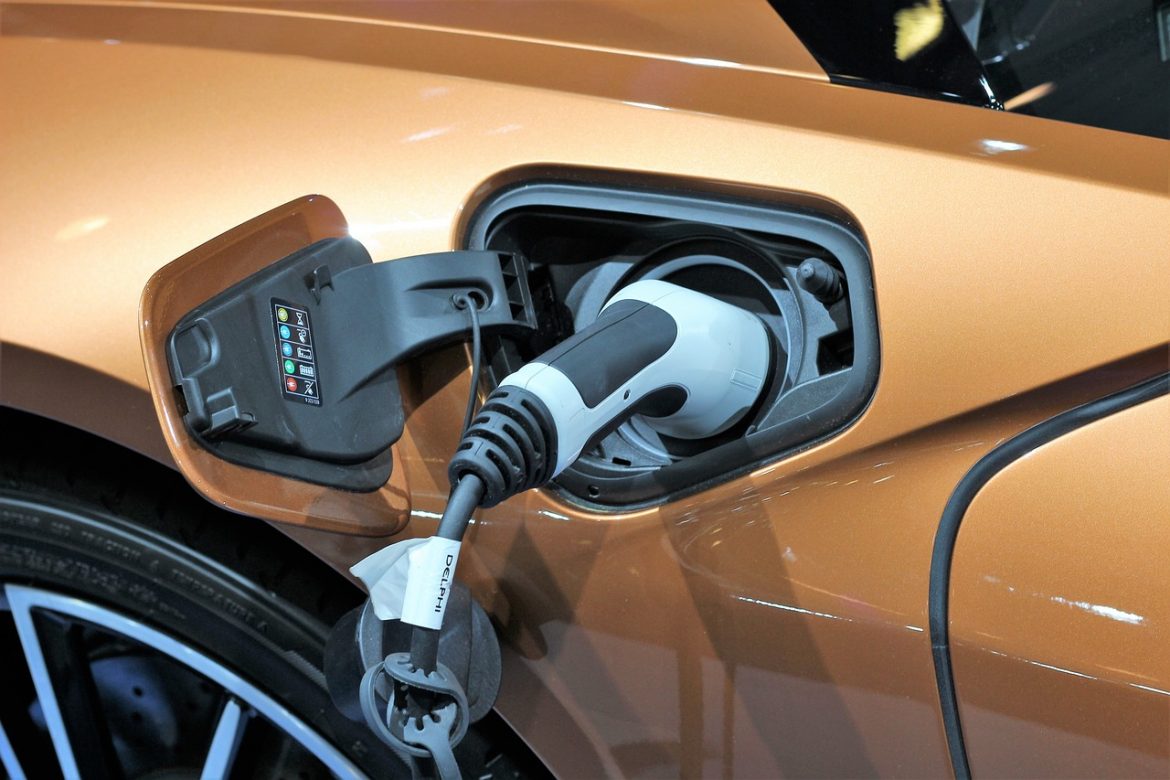China has elevated its dispute with the European Union over electric vehicle tariffs to the World Trade Organization (WTO), marking a significant escalation in the growing trade tensions between two of the world’s largest economic powers. The formal complaint, filed Monday through the WTO’s dispute settlement mechanism, challenges the EU’s recently implemented tariffs of up to 45% on Chinese electric vehicle imports.
The Chinese Ministry of Commerce issued a strong statement criticising the EU’s measures as “trade protectionism” and questioned both the legal and factual basis for the tariffs. The ministry emphasised that the action was taken to “safeguard the development interests” of China’s electric vehicle industry, which has become a crucial sector in the country’s economic strategy.
This dispute threatens to destabilise a bilateral trade relationship valued at €739 billion (USD 806 billion) in 2023. The EU has defended its position, maintaining that the tariffs are a legitimate response to Chinese government subsidies that provide unfair advantages to their domestic EV manufacturers.
“China believes the EU’s final ruling on anti-subsidy measures lacks factual and legal foundation, violates the WTO rules and is an abuse of trade remedy measures,” stated a ministry spokesperson. The statement urged the EU to “immediately correct its illegal practices” and work toward maintaining stability in the global electric vehicle supply chain and bilateral economic cooperation.
The tariffs, which have been provisionally in effect since July, were formally published in the EU’s official journal last week following months of negotiations, retaliatory threats, and intensive lobbying from the automotive industry. The formal implementation came despite ongoing discussions between the two parties seeking alternative solutions.
In an effort to resolve the dispute, the EU has decided to send officials to Beijing for further negotiations. Both sides have been exploring the possibility of implementing price undertakings – a complex mechanism designed to control export prices and volumes as an alternative to tariffs. However, sources indicate that significant differences remain between the two parties’ positions.
Maros Sefcovic, the EU’s incoming trade chief, addressed the situation during his confirmation hearing on Monday, confirming that EU officials are currently in China seeking a negotiated solution. “We are not interested in trade wars,” Sefcovic stated while emphasising the need to rebalance bilateral relations in areas where Europe perceives inequities.
The European Commission has identified several key issues it seeks to address with China, including industry overcapacity and European firms’ access to Chinese procurement markets. These concerns reflect broader tensions in the EU-China economic relationship beyond the specific EV tariff dispute.
The WTO complaint represents a significant step in what could become a broader trade conflict, potentially affecting multiple sectors beyond electric vehicles. The dispute highlights the complex balance between protecting domestic industries and maintaining open international trade, particularly in strategic sectors like electric vehicles.
This development occurs against the backdrop of global efforts to transition to clean energy technologies, where both China and the EU play crucial roles. The outcome of this dispute could have far-reaching implications for the global electric vehicle industry and the future of international trade in green technologies.



